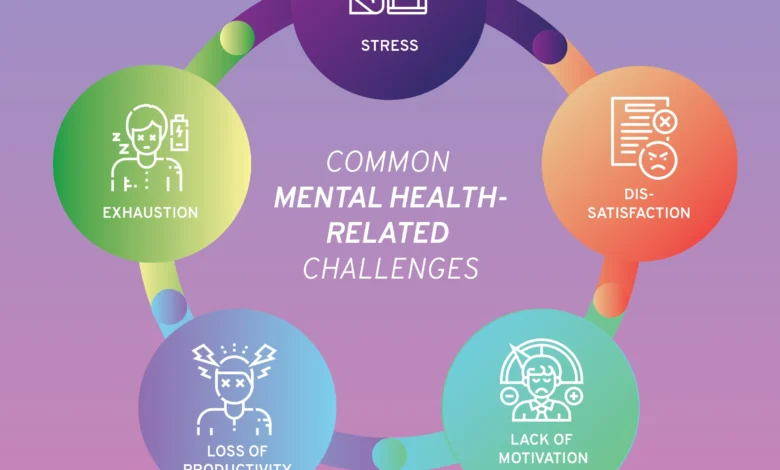Is Eel Good for You? Exploring the Rich Nutritional Profile of This Seafood Treasure

Eel is a slippery and sometimes misinterpreted delicacy that has been enjoyed for generations in many different nations’ cuisines. This marine gem delivers a distinct flavor and texture that many find enticing, ranging from European smoked eel to Japanese unagi. Beyond its gastronomic allure, eel’s health benefits are a question that many people have. This article will discuss the rich nutritional profile of eels, as well as their health advantages, possible drawbacks, and reasons to think about incorporating this intriguing fish into your diet.
The Eel’s Nutritional Profile
Not only is eel tasty, but it’s also loaded with vital nutrients. 3.5 ounces, or 100 grams, is a normal serving size of eel, and it can offer the following nutritional advantages:
1. Rich in Protein
With roughly 20 grams of protein per 100 grams dish, eels are an excellent source of protein. Building and mending tissues, producing hormones and enzymes, and promoting general growth and development all depend on protein. Eel’s superior quality protein can sustain metabolic processes, help you feel satisfied, and help you maintain muscular mass.
2. Packed with Good Fats
Eel, in contrast to many other fish, has a health and full of nutrients (10 grams per 100 grams). Nonetheless, omega-3 fatty acids and other good unsaturated fats make up the majority of these fats. Because of their well-known anti-inflammatory qualities, omega-3 fatty acids are critical for maintaining heart health, normal brain function, and general wellbeing. Eating foods high in omega-3s, such as eel, on a regular basis can help lower blood pressure, cut triglycerides, and improve cholesterol.
3. Rich in minerals and vitamins
Powerful in terms of nutrition, eel offers an array of vitamins and minerals.
Vitamin A is necessary for healthy skin, eyes, and immune system. This important vitamin can be found in large amounts in eels.
B vitamins Eel is a great source of B vitamins, especially B12, which is essential for the synthesis of red blood cells, energy, and cognitive function. Niacin (B3) and B6, which are present in eels, are also important for cardiovascular health and metabolism.
Vitamin D Vital for healthy bones, this vitamin aids in the absorption of calcium. One of the few naturally occurring food sources of vitamin D is eel.
Minerals Phosphorus, necessary for strong bones and the synthesis of energy, and selenium, an antioxidant, are both found in eels. Magnesium, iron, and zinc are also present.
4. Low in Glycemic Index
When it comes to low-carb or ketogenic diets, eel can be a great option. It can help with weight management and blood sugar regulation because it contains few carbohydrates.
The Health Advantages of Eel
Including eel in your diet has a number of health advantages:
1. Encourages Heart Health
The heart can benefit greatly from eel’s high omega-3 fatty acid concentration. These beneficial fats have the potential to decrease harmful cholesterol, lessen inflammation, and enhance cardiovascular health in general. A balanced diet that includes eel may help reduce the risk of heart disease.
2. Enhances Mental Performance
DHA (docosahexaenoic acid), one of the omega-3 fatty acids included in eels, is especially important for brain function. They enhance memory, assist cognitive function, and may possibly lower the chance of developing neurodegenerative illnesses like Alzheimer’s. Eel can help sustain focus and mental clarity when consumed on a regular basis.
3. Boosts Immune Response
The antioxidants in eel combined with the vitamins A and D can fortify the immune system. Keeping oneself healthy and warding off infections require a strong immune system. Eel is a fantastic complement to any diet that aims to promote immunity because of its high nutrient density.
4. Encourages Healthy
Skin Vitamin A is essential for keeping skin healthy. It promotes the growth and repair of skin cells, which lessens acne and enhances the texture of the skin overall. Eel is one of the foods that might help you have a glowing skin tone.
Possible Hazards and Things to Think About
Even though eel is healthy and has many advantages, there are a few things to be aware of:
1. Mercury Concentration
Eels, like many other fish, are susceptible to mercury buildup in their tissues. Exposure to elevated mercury levels may present health hazards, especially for expectant mothers and young children. Eel must be consumed in moderation, and the source must be considered. While wild-caught eels might be less mercury-filled than farmed ones, it’s always a good idea to check local fish consumption warnings.
2. Elevated Calorie Content
Because it is heavier in fat than leaner fish, eels have more calories. Even though these fats are beneficial, persons watching their calorie intake must practice portion management. In particular, moderation is essential for people who are attempting to control their weight.
3. Hypersensitivity Responses
Rarely, some people may have an allergy to seafood in general or to eels specifically. It is imperative to handle eel with caution if you are known to be allergic to shellfish. If you have any sensitivities, always get professional advice before experimenting with new meals.
Eel’s Use in Cooking
Eel is a versatile component in the kitchen because it can be prepared in a variety of delectable ways. Here are a few well-liked eel cooking techniques:
1. Unagi Grilled
Eel is frequently grilled and coated in kabayaki, a sweet sauce made with soy, in Japanese cooking. This dish, which is served over rice, is a favorite in sushi restaurants because of its delicate texture and rich flavor.
2. Eel, Smoked
The custom in several European nations is to smoke eels. This technique brings out the taste and keeps the fish intact, so it’s a great side dish for salads, sandwiches, or even just on its own with a touch of lemon.
3. Eel Sushi
Nigiri and maki rolls are two common ways that sushi aficionados eat eel. Sushi rice and eel combine to produce a delicious contrast of tastes and textures.
4. Soup or Eel Stew
Some cultures cook eel with vegetables in a tasty broth to make robust soups or stews that are ideal for the chilly months.
In summary
Rich and nutrient-dense, eel is a seafood alternative that offers several health advantages, from heart health to improved cognitive function. Eel has a lot of protein, good fats, and vitamins and minerals in plenty, therefore it should be a part of your cooking repertoire. But it’s important to eat it sparingly, taking into account any sensitivities and possible mercury levels. Seafood treasures like grilled unagi, smoked eel, and sushi can make a delectable addition to a diet that is well-balanced. Accept the gastronomic journey of eel and relish its distinct tastes while enjoying its many health advantages!




